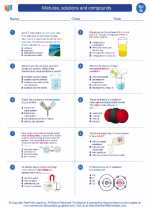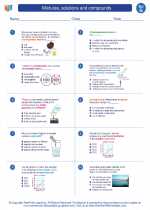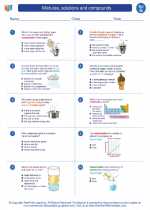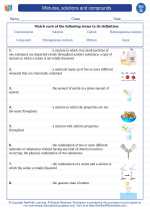Introduction to Pharmacology
- What is pharmacology?
- Why is pharmacology important?
- What are the different branches of pharmacology?
Pharmacology is the study of drugs and their effects on living organisms.
Pharmacology is important because it helps us understand how drugs work, how they can be used to treat diseases, and how to ensure their safe and effective use.
Pharmacology can be divided into several branches including pharmacokinetics (how the body affects the drug), pharmacodynamics (how the drug affects the body), and toxicology (the study of the adverse effects of drugs).
Drug Classification
- How are drugs classified?
- What are the main categories of drugs?
Drugs can be classified based on their chemical structure, therapeutic use, and mechanism of action.
Common categories of drugs include antibiotics, analgesics, antipsychotics, antihypertensives, and many others.
Drug Administration
- How are drugs administered?
- What factors influence drug administration?
Drugs can be administered orally, intravenously, topically, or through other routes such as inhalation or injection.
Factors such as the patient's age, weight, and overall health can influence how drugs are administered.
Pharmacokinetics and Pharmacodynamics
- What is pharmacokinetics?
- What is pharmacodynamics?
Pharmacokinetics is the study of how the body affects a drug, including its absorption, distribution, metabolism, and excretion.
Pharmacodynamics is the study of how the drug affects the body, including its mechanism of action and therapeutic effects.
Drug Safety and Regulation
- How are drugs regulated?
- What is drug safety?
Drugs are regulated by government agencies such as the Food and Drug Administration (FDA) in the United States, which evaluate the safety and efficacy of new drugs before they can be marketed.
Drug safety involves monitoring and minimizing the risks associated with drug use, including adverse effects and drug interactions.





